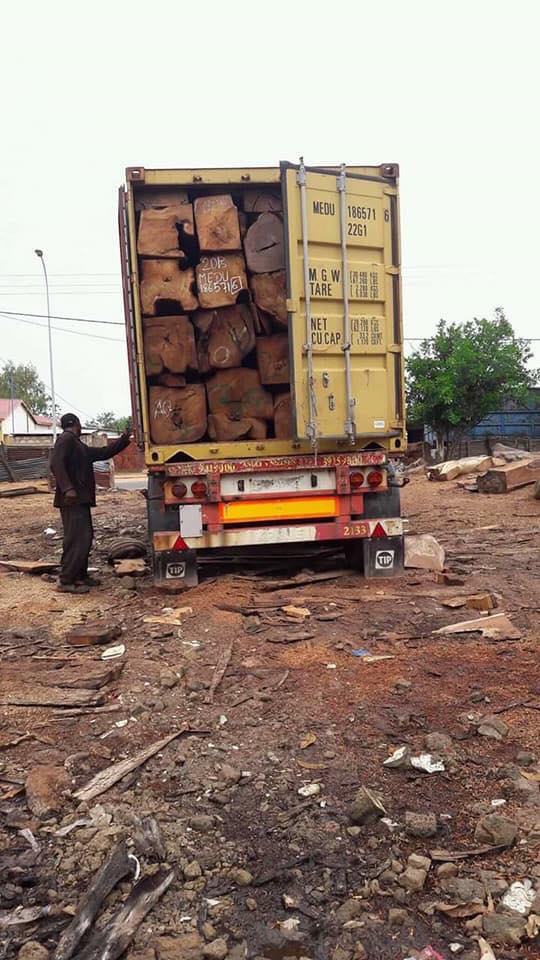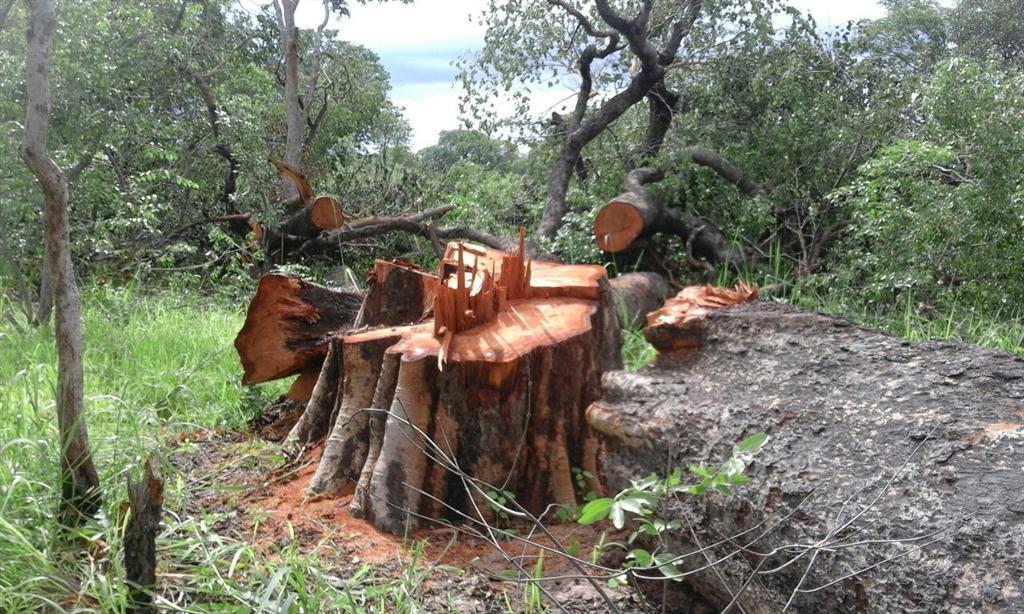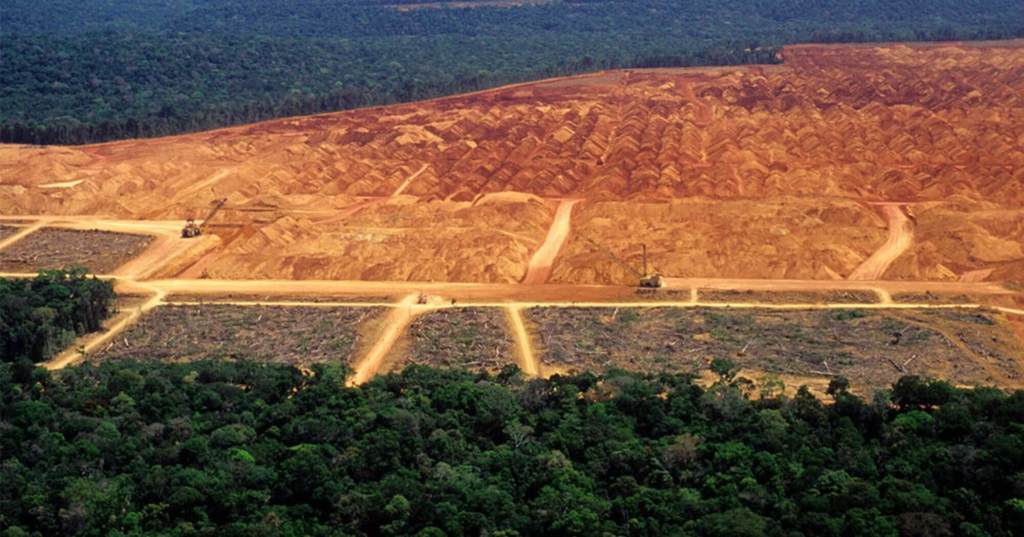Gambia’s forest is facing a heavy time. The country lost over 90.000 ha of forest the past years. Locals are fearing for future generations.
Forests are very vital for life, home to thousands of animals and tree species, they protect the soil from erosion, produce oxygen, store carbon dioxide, and help control the climate.

Forests are also vital for us to live as they provide us with food, shelter and medicines as well as many other useful things.
But it’s really sad that the people are considering personal monetary benefits over collective interest and the Gambian government are considering the revenues collected from these timber dealers over the impacts of climate change.
Deforestation has become a legal business in The Gambia where the forest’s trees are cleared on a massive scale by selfish and greedy individuals who tend to neglect the impacts it’s gonna have on the environment.
They are making millions of dalasis and are fully supported by the government.
Every day when I see these trucks packed with logs drive pass me, my heart sinks because I think about the dangers of climate change and feel sorry for the future generations. These generations will pay the price for things they know not about.
Each day I see these trucks packed with logs drive pass me, my heart beats faster because I’m convinced that the government has failed in their responsibility to protect the environment and its endangered species.
I wonder if the Ministry of Forestry and Environment knows their responsibilities which are:
- To maintain at least 30% of the total land area of the country under forest
- To manage at least 75% of the forest lands according to scientific principles
- To promote environmental protection
- To promote the development of plantations
- To educate the general public on the values of the forests
- To advise the Government on forestry matters

They are also responsible to enforce the Forest Act and Regulations but how can they do this if they’ve been compromised?
The government should work towards protecting the forests because we’ve already started seeing the impacts.
If you’re not a farmer and sitting in the comfort zones of your houses, you will find it very difficult to understand but be rest assured that the amount of rainfall has drastically reduced in the past two years which has subsequently lead to low yield.
By: Dawda Nenegalleh Jallow
Source: Freedom Newspaper





